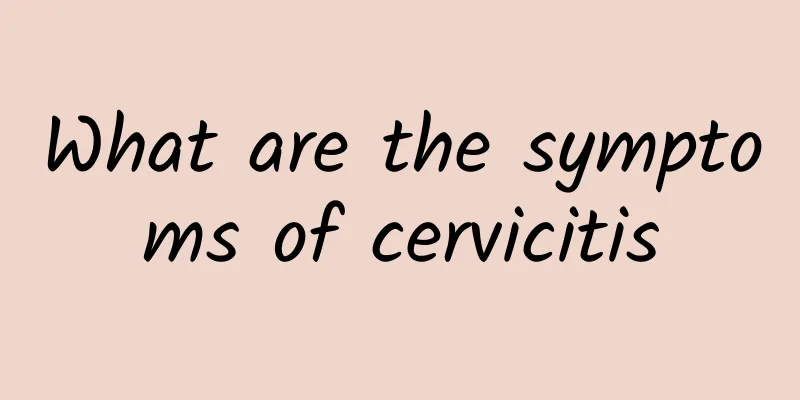Drinking tea and coffee helps you lose weight! Cultivating good intestinal bacteria is effective

|
Losing weight is not just about not eating! European research has found that finding ways to increase the diversity of good bacteria in the intestines is not only helpful for weight loss, but also can regulate blood pressure and enhance immunity. Foods such as tea, coffee, and miso soup can increase good bacteria. In short, the more types of good intestinal bacteria you have, the healthier and slimmer you will be! So that’s it! Losing weight does not mean dieting, eating the right food is the key. Medical Daily reported that the University of Groningen in the Netherlands conducted a study on 1,135 subjects to explore the effects of various foods and beverages on the diversity of intestinal flora. To understand which lifestyle -- including diet and medication -- is beneficial for the richness of gut bacteria, the researchers tested the subjects' stool and analyzed the DNA of gut bacteria to try to find clues. Eat a diet rich in good bacteria to help lose weight and improve your mood The results showed that people who regularly drink tea, coffee, buttermilk, moderate amounts of wine, or have the habit of eating yogurt have a higher diversity of intestinal flora. In addition, fermented foods containing probiotics, such as yogurt, kimchi, miso soup, etc., can also enrich the types of good intestinal bacteria, promote intestinal health, help lose weight, and improve mood and mental health. On the contrary, eating too much carbohydrates or low-fiber foods will reduce the good bacteria in the intestines and easily lead to obesity! In addition, researchers said that some drugs, such as antibiotics and certain diabetes medications, also have a significant impact on bacterial diversity. This research has been published in the journal Science. Foreign studies have found that consuming moderate amounts of tea, coffee, miso soup and other foods can increase the diversity of intestinal bacteria and help lose weight. Improve your diet, exercise regularly, and lose weight by nourishing your intestines If you want to maintain intestinal health, in addition to a balanced diet and moderate supplementation of the above foods, you must also stay away from high salt, high sugar, and high fat. In addition, factors such as genes, exercise, stress, and environment can also affect intestinal flora. Researchers pointed out that the occurrence of disease is often caused by many factors. Although we cannot change genes and age, we can improve our diet and medication, maintain a normal schedule and exercise regularly to increase the types of good intestinal bacteria. To be slim and healthy, start with nourishing your intestines! |
<<: Sculpted shoulders and sexy lines! 6 Yoga Exercises to Keep Your Sexy Body
>>: Stick-type body shaping is in fashion! 7 major wrong postures to correct quickly
Recommend
Special attention: What are the symptoms of premenopause in women? When the body sends out 6 kinds of signals, don't ignore them
Generally speaking, women will enter menopause af...
How to regulate irregular menstruation during lactation? What drugs can treat irregular menstruation?
Generally speaking, new mothers will have menstru...
How is pelvic inflammatory disease treated surgically?
Surgery for pelvic inflammatory disease is genera...
What symptoms indicate that I may have an ovarian cyst?
Women's health should be paid special attenti...
Bacterial vaginosis related examination methods
The detection method of bacterial vaginosis is wo...
How to cure severe cervical erosion in women? Try these methods to cure severe cervical erosion
Many women have some gynecological diseases when ...
What causes pelvic inflammatory disease?
What causes pelvic inflammatory disease? Clinical...
How much does cervical erosion surgery cost?
How much does cervical erosion surgery cost? Ther...
The key to losing weight without gaining weight: increase your basal metabolic rate! Nutritionist Wang Zinan: 4 ways to double your metabolic rate
If you want to lose weight, instead of trying to ...
What are the complications of pelvic inflammatory disease in women?
We must have a positive understanding of the comp...
What is the treatment method for female vaginitis?
What are the treatment methods for female vaginit...
Matcha glutinous rice balls 94 crazy! Low-calorie "bursting" matcha sesame glutinous rice balls are so awesome!
Matcha lovers, look here! There has been a matcha...
What women are not suitable for medical abortion?
Medical abortion is also known as drug abortion. ...
How to treat third degree cervical erosion? Physical treatment for third degree cervical erosion
Third degree cervical erosion is also a common co...
How to deal with irregular menstruation during pregnancy preparation period? 3 ways to regulate your body during pregnancy preparation period
Some women have irregular menstruation during pre...









